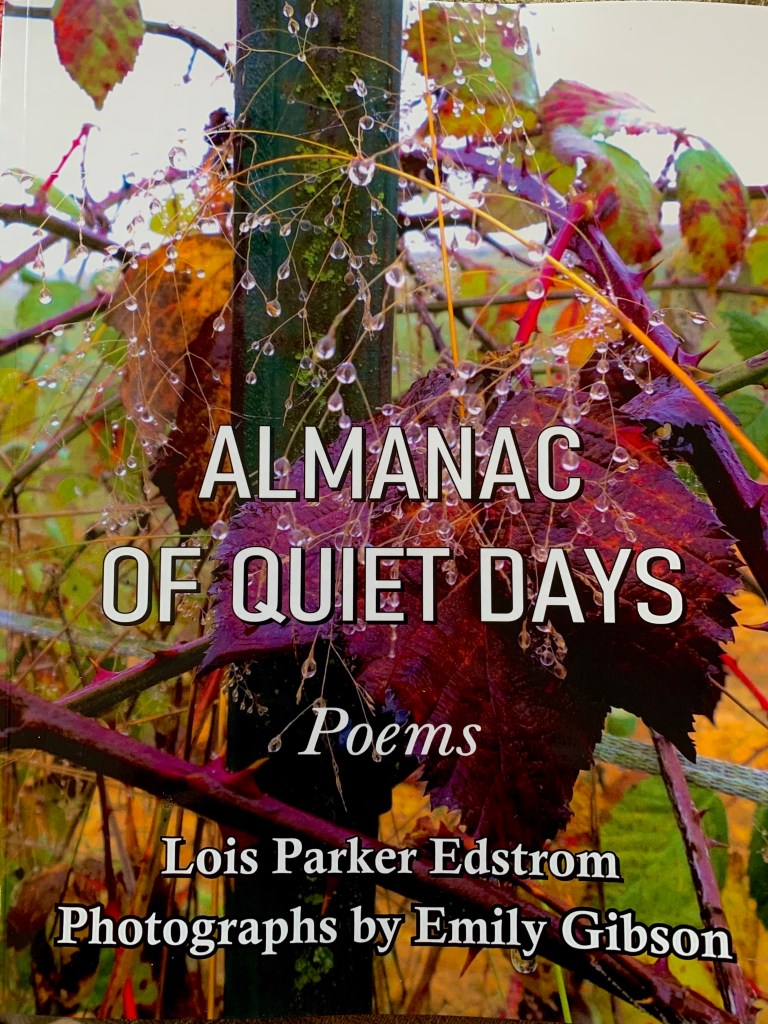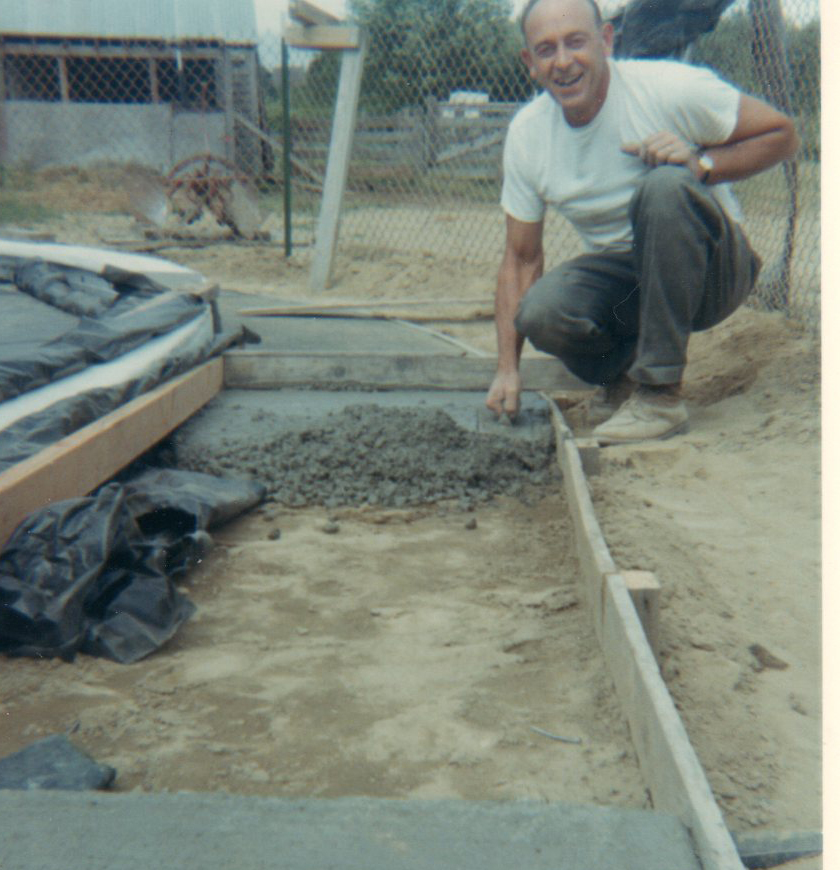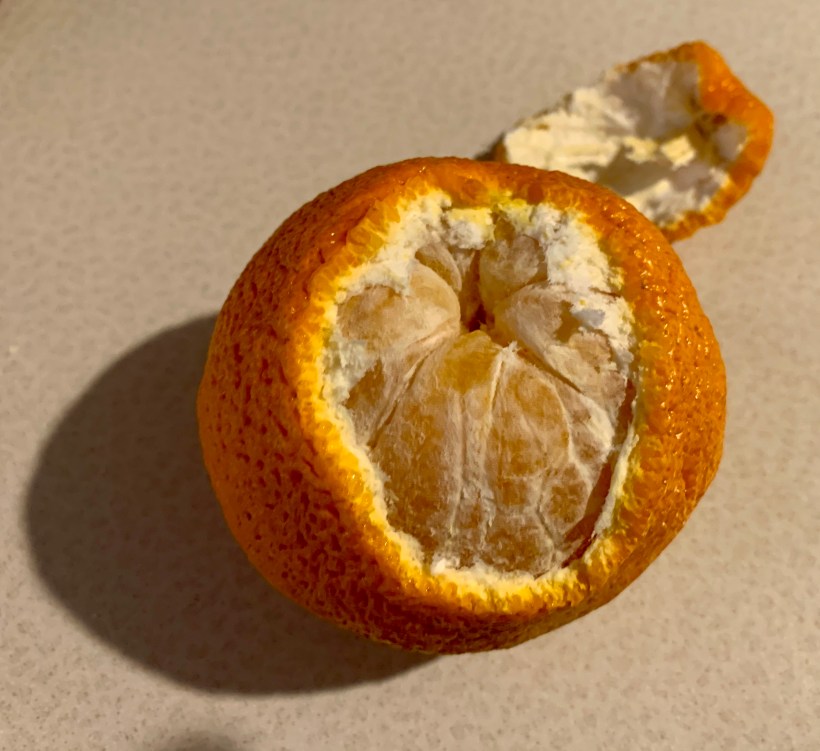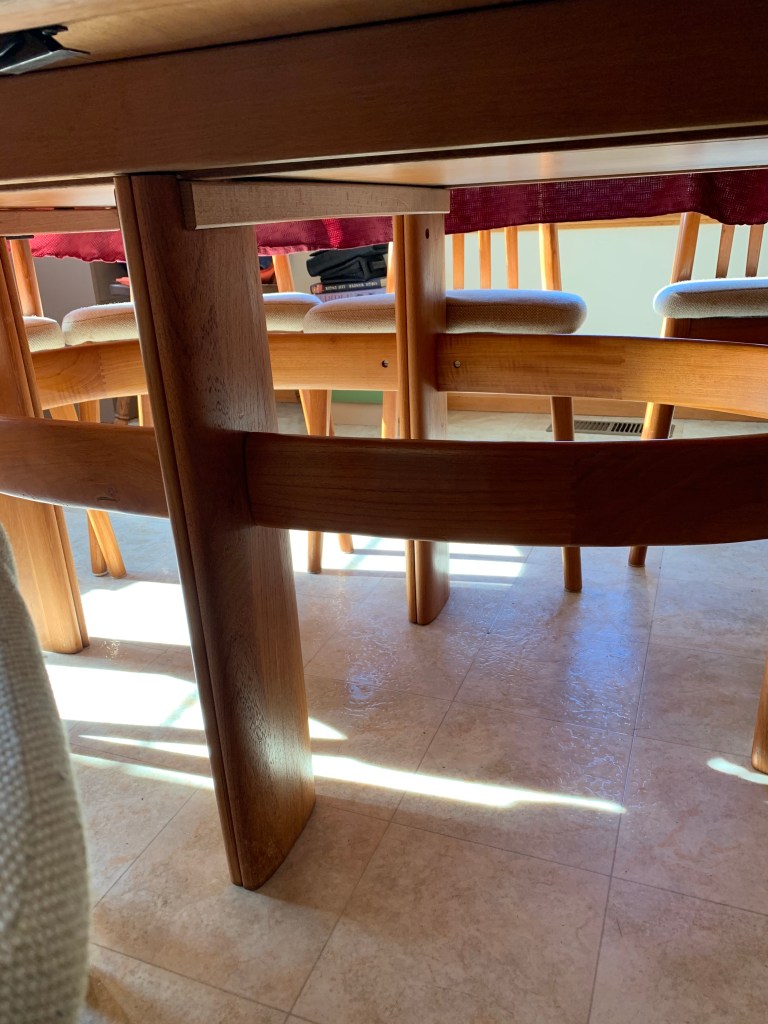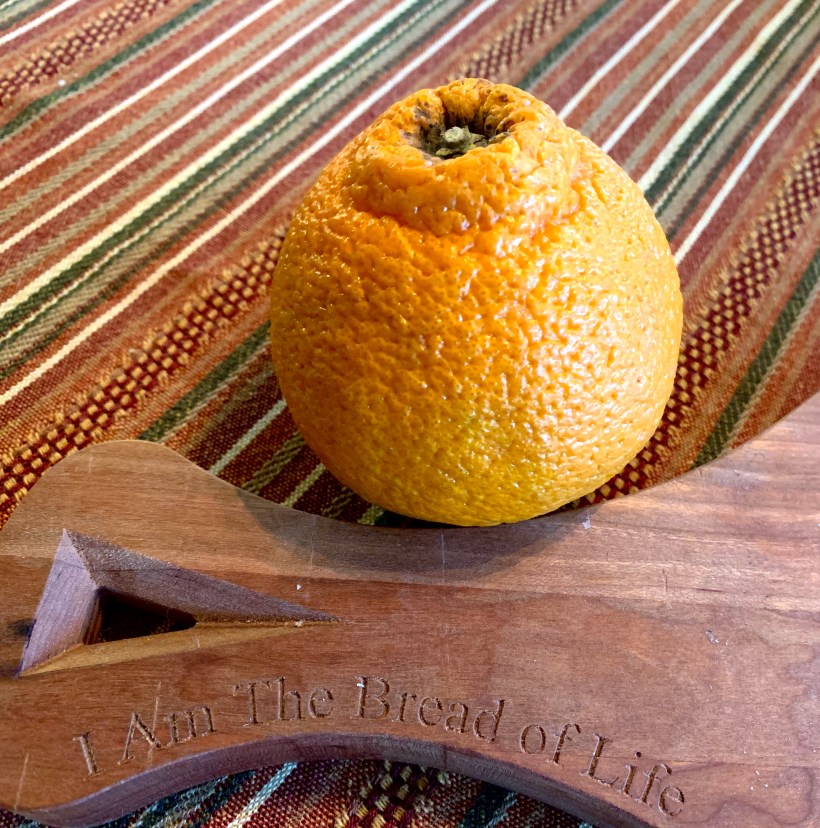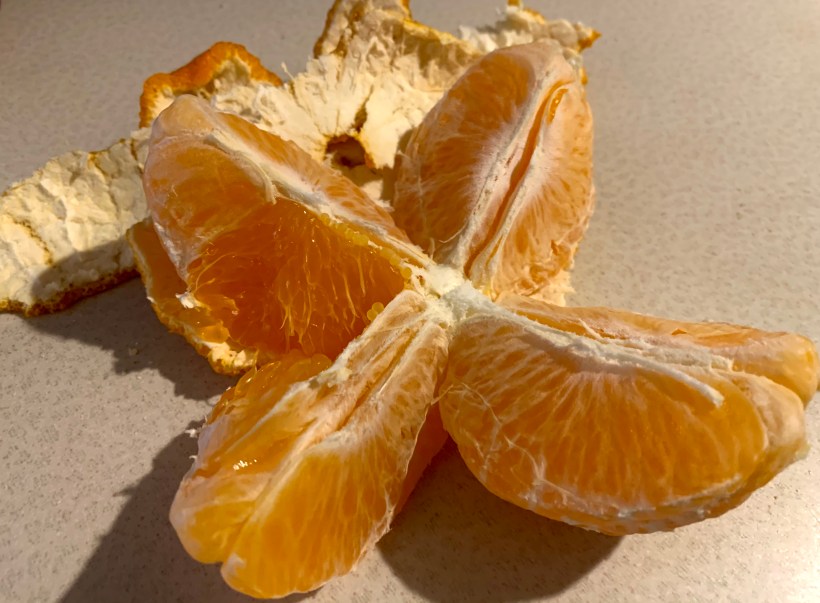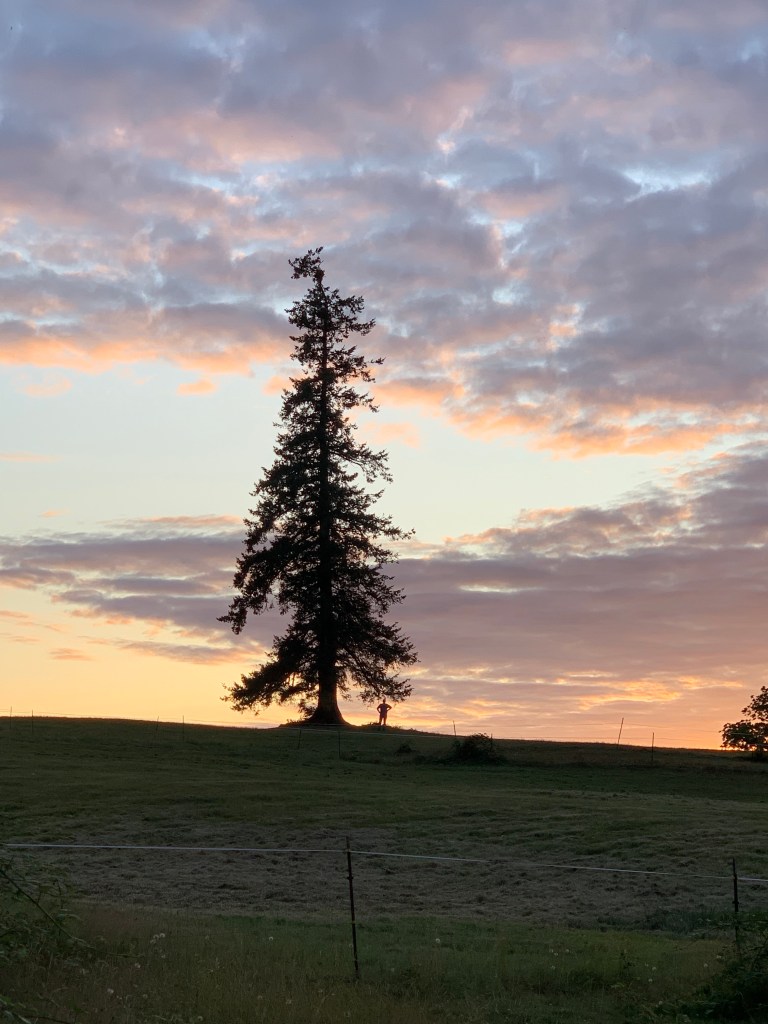
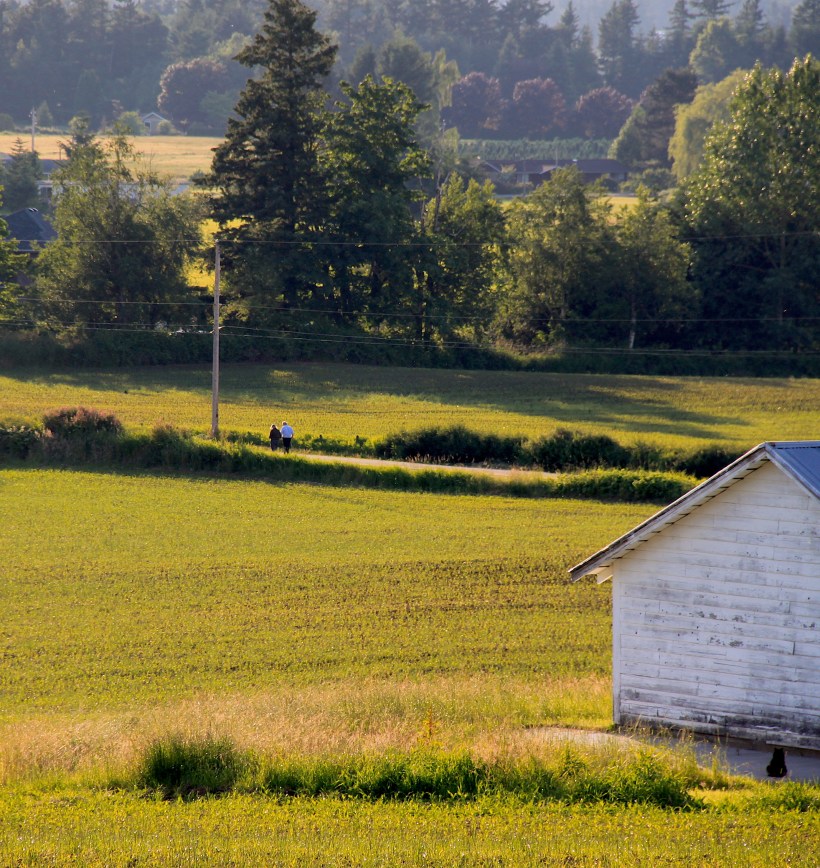

It was hard work, dying, harder
than anything he’d ever done.
Whatever brutal, bruising, back-
Breaking chore he’d forced himself
to endure—it was nothing
compared to this. And it took
so long. When would the job
be over? Who would call him
home for supper? And it was
hard for us (his children)—
all of our lives we’d heard
my mother telling us to go out,
help your father, but this
was work we could not do.
He was way out beyond us,
in a field we could not reach.
~Joyce Sutphen, “My Father, Dying” from Carrying Water to the Field: New and Selected Poems.
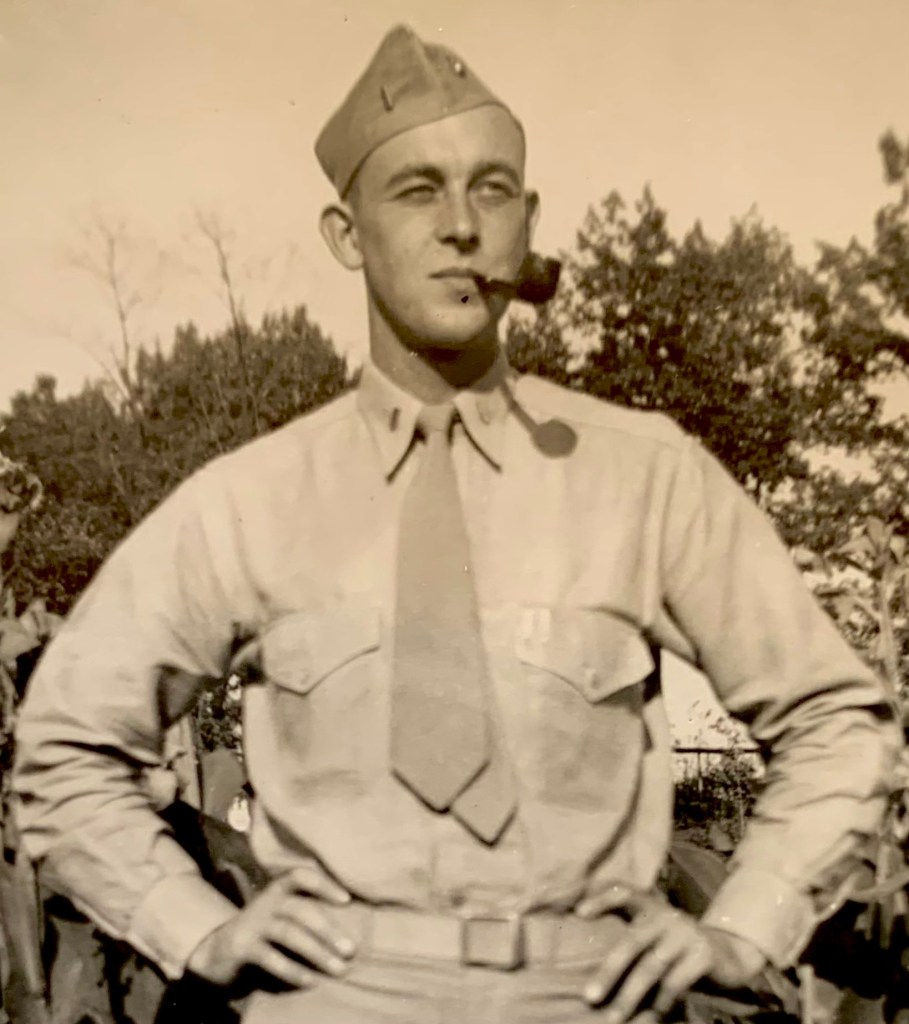
We will grieve not, rather find
Strength in what remains behind;
In the primal sympathy
Which having been must ever be;
Thanks to the human heart by which we live,
Thanks to its tenderness, its joys, and fears,
To me the meanest flower that blows can give
Thoughts that do often lie too deep for tears.
~William Wordsworth from “Ode: Intimations of Immortality from Recollections of Early Childhood”

Twenty-six years ago today
we watched at your bedside as you labored,
readying yourself to die and we could not help
except to be there while we watched you
move farther away from us.
This dying, the hardest work you had ever done:
harder than handling the plow behind a team of draft horses,
harder than confronting a broken, alcoholic and abusive father,
harder than slashing brambles and branches to clear the woods,
harder than digging out stumps, cementing foundations, building roofs,
harder than shipping out, leaving behind a new wife after a week of marriage,
harder than leading a battalion of men to battle on Saipan, Tinian and Tarawa,
harder than returning home so changed there were no words,
harder than returning to school, working long hours to support family,
harder than running a farm with only muscle and will power,
harder than coping with an ill wife, infertility, job conflict, discontent,
harder than building your own pool, your own garage, your own house,
harder than your marriage ending, a second wife dying,
and returning home forgiven.
Dying was the hardest of all
as no amount of muscle or smarts could stop it crushing you,
taking away the strength you relied on for 73 years.
So as you lay helpless, moaning, struggling to breathe,
we knew your hard work was complete
and what was yet undone was up to us
to finish for you.

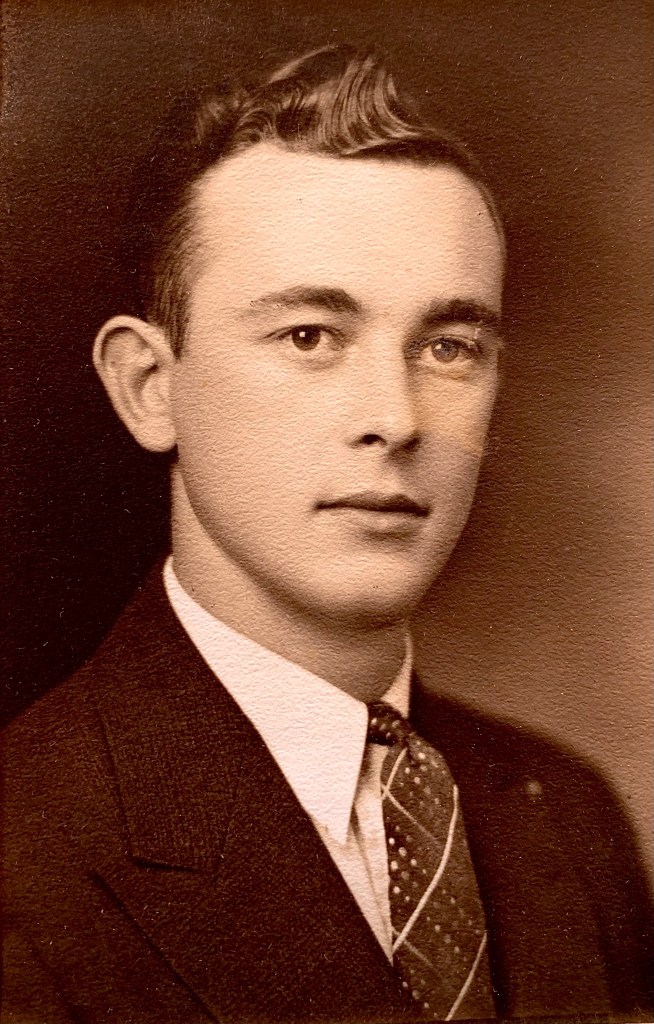
A new book from Barnstorming is available for order here:
